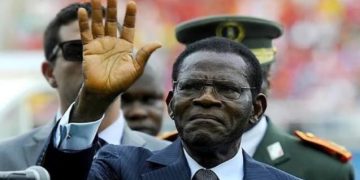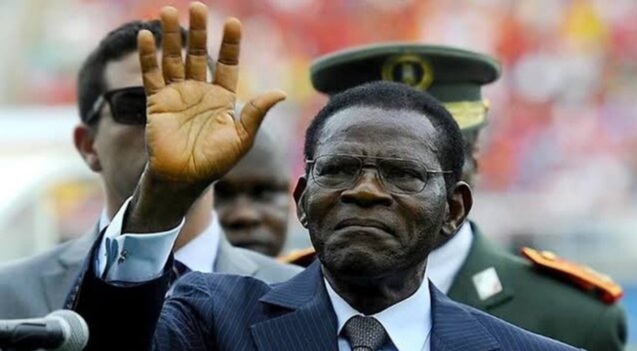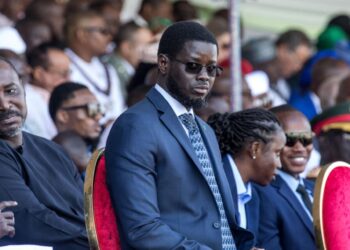By Oyintari Ben
Equatorial Guinea’s re-election of the world’s longest-serving leader will allow him to maintain his authoritarian rule.
Six days after the elections, authorities declared that Teodoro Obiang Nguema Mbasogo, 80, had received nearly 95% of the votes.
The president’s son Obiang Mangue and vice president Teodoro Nguema stated, “The results confirm us right again.” “We are still a great party,”
Several opponents ran for office, but none was predicted to prevail.
The oil-rich nation of central Africa is under the tight control of President Obiang, whose relatives hold important positions in the administration.
After a military takeover in 1979, he assumed control and has since thwarted multiple coup attempts.
He made modest changes after succeeding his predecessor and uncle, Francisco Macias Nguema, but he kept Nguema’s total power over the country.
The absence of a free press greatly restricts political opposition, as all broadcast media are either directly owned by the government or under its influence.
President Obiang, who has repeatedly refuted allegations of election manipulation and violation of human rights, is rumoured to want to utilize his sixth term to improve his reputation abroad.
The United Nations applauded the government’s decision to abolish the death penalty in September.
Critics have previously accused Equatorial Guinea of producing rigged election results.
Francisco Macias Nguema served as president of the Republic of Equatorial Guinea after Spanish Guinea attained independence in 1968.
The two presidents of the nation, Francisco Macias Nguema and Teodoro Obiang Nguema, have been dubbed by rights organizations as some of the worst rights violators in Africa.
A large portion of the 1.4 million people living there have not benefited from the massive oil riches that were discovered in 1996, and poverty is still pervasive.




































